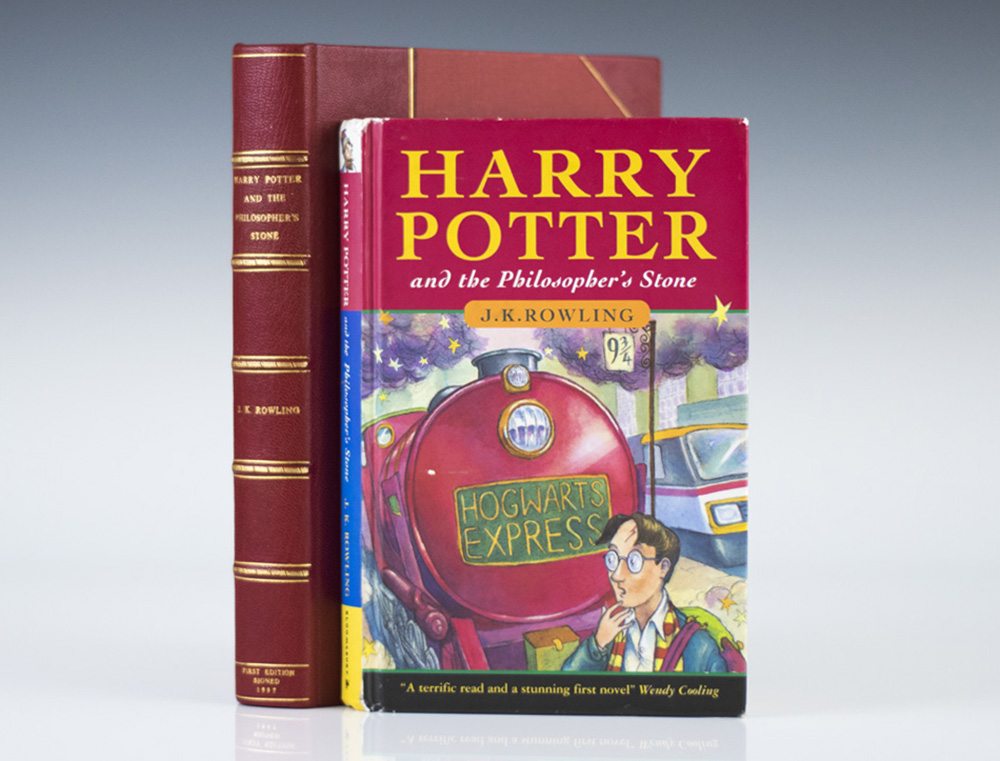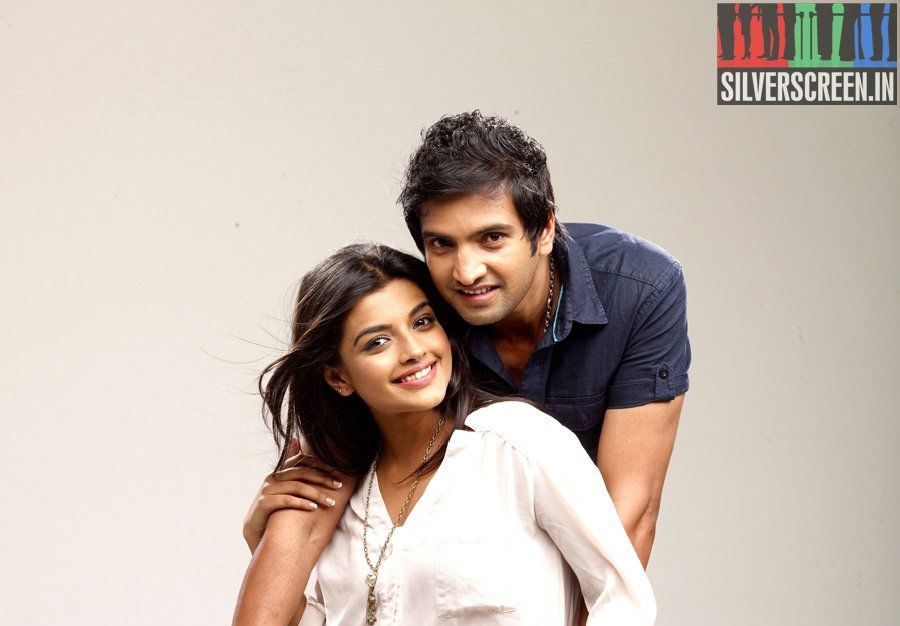Grief has been on my mind now for a while. How can it not, we are surrounded by it, locked up. Separated from loved ones. Trying to get used to a new normal where the things we took for granted — a stroll, the dipping of our feet in the cold water at a beach, the warmth of a hug from a loved one — they all seem out of grasp now.
Not just now, over some years, I have been trying to wrap my head around grief. The idea of it. Its constant presence. The ways in which to deal with it. And the manner in which it reminds me of my own mortality. It has not been pleasant.
When I heard the news of Irrfan Khan’s passing, and I looked at the pictures people shared of him, I expected to feel that familiar ache, once again reminded that the end comes and it comes for some sooner than later. I went back and read what Khan had written when he was unwell, and when he was coming back to India after treatment. Both, the pictures people shared and Irrfan’s own messages, surprisingly, released me even if briefly from the grief I have come to recognise as a constant in my life.
Mortality, when it strikes at someone who hasn’t lived a ‘full life’, as we call it, can have a dreadful effect on others. But what is the measure of a full life?
Not all of our stories have to be nor will they be the same. Some stories have different endings. That does not have to mean that they are not full. They are full in their own way. And Irrfan Khan exemplifies this fullness.
Khan is gone too soon, no doubt, but it in no manner diminishes the time he was here. His command over his craft; his ability to make us want to know more about the men he played, his laughter, the dard his eyes seemed to carry, even as his lips laughed, giving him that wordly wise look, like he has been here for longer, he has seen much… All of these he leaves behind. All of these remain, despite him not being here. Is this perhaps why great actors are so big in our societies? Is this why cinema holds such a sway over us?
If it is, then Irrfan Khan exists as so many men. And in many of the movies, in his iconic roles, he’s processing grief of some sort. Or helping someone process it. That dard.
As Ashoke Ganguly in Namesake who takes his son on a journey, where there is nowhere left to go. When they forget the camera, he says, “You will just have to remember this”. For those of us who are not lucky enough to be immortalised in cinema, there’s the comfort of a loves one’s memories.
As Saajan Fernandes in Lunchbox, showing us grace in solitude. And grace in company too. As he stands alone in his balcony, smoking, and drinking, in the quiet of the evening, watching the family across the road, sitting around a dining table and eating. And then he returns the friendly wave of the girl from the table, before going back to his drink.
But it would be an injustice to the many other Irrfans of our screens to stop here. Even if these seem to overwhelmingly, somehow, represent the actor he was and what he meant to so many of us.
He was just as incredible, for instance, as Rana in Piku and the chemistry between the two actors remains somewhat of a mystery, otherworldly, even now. Their eyes did the talking in the film, there was really no need for words. (Except of course for making scatological jokes.)
It was a similar chemistry in Qarib Qarib Single as well, in which he played Yogi. An utterly underrated romantic comedy that was all charm, and all fun. (Speaking of charm and fun, who can not love the Irrfan-Konkana track in Life in a… Metro? Irrfan was Monty.)
And as Miyaan, the man overcome by guilt in Vishal Bhardwaj’s Maqbool, imagining almost the resurrection of a dead man. If you needed a man who was hiding a secret, who better than Irrfan? But also if you needed one fighting guilt, who better?
Working with directors Ang Lee and Wes Anderson, Irrfan made sure his talent did not go unnoticed internationally, either. His Inferno costar Tom Hanks, said, “Here’s what I hate about Irrfan Khan… I always think I’m the coolest guy in the room, and everybody’s hanging on to every word I say and everybody’s a little intimidated to be in my presence. And then Irrfan Khan walks into the room. And he’s the coolest guy in the room. And everybody’s intimidated to be in his presence and everybody’s hanging on to his every word.”
Born as Sahabzade Irfan Ali Khan in Rajasthan to Saeeda Begum Khan (who recently passed away) and Yaseen Ali Khan, Irrfan nursed dreams of playing cricket as a young boy. In the late 80s he joined the prestigious National School of Drama, when his cricketing dreams were not to be.
Recommended
Acting in television and in cinema through the late 80s and 90s (Kamla Ki Maut and Salaam Bombay! being the highlights), Khan kept showing up to work, until it became impossible for the world to stop on its tracks and notice him.
When in the late 2000s Namesake and Life in a… Metro came finally, Irrfan was on his way to becoming in some sense, as Kareena Kapoor once said famously, the biggest Khans of them all in Bollywood. On the way he picked up a national award for acting, and a Padma Shri.
His last film was Angrezi Medium in which Kapoor co-starred.
Khan is survived by his spouse, writer Sutapa (who was also his classmate at NSD) and two children.



